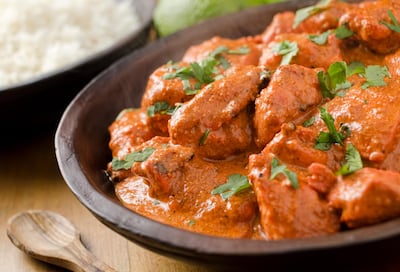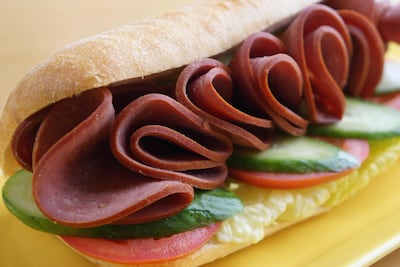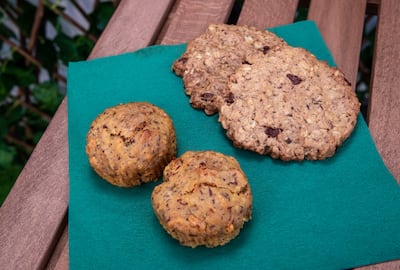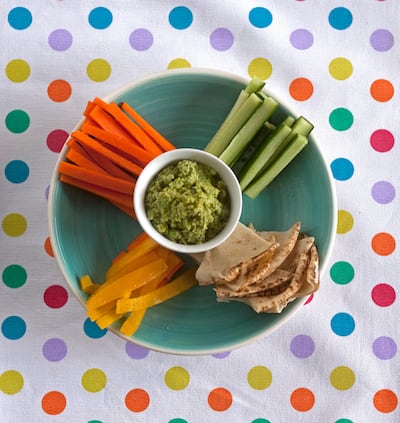Hidden calories and food loaded with unseen fats are big contributors to weight gain, according to nutritionists.
From karak chai to sandwiches and smoothies, everyday foods often seen as healthy alternatives can have as much salt, sugar and fat as some of the most common fast-food staples.
Typically, the recommended daily calorie intake for the average woman is about 2,000, while men, who are usually bigger, need about 2,500 calories from food each day to convert into energy.
“People count calories, but not always the nutrients,” said Ilse Onderweegs, a nutritionist at ICO Healthy Living in Dubai.
ICO Healthy Living, Dubai
“One hundred calories of broccoli is very different to 100 calories consumed in an apple or muffin, for example.
“It is not always about calories in versus calories out, but what those calories are feeding your body ― is it nutrient dense or high in fibre?
“Even though it is healthy food, the calories consumed would be more than the equivalent weight in berries or avocado, for example.
“Granola bars and protein bars always [have] hidden calories, and have added sugar and preservatives.”
Children require much less energy to see them through the day ― with just 1,200 calories needed for girls aged 4-8 years old, and 1,400 calories for boys of that age.
Older children and teenagers need a little more, with doctors recommending girls aged 9-13 consume up to 1,600 calories daily, and boys 1,800.
Fat should make up no more than 35 per cent of food intake, ideally with polyunsaturated and mono-unsaturated fatty acids sourced from fish, nuts and vegetable oils.
Excess calories are stored in the body as fat, and can lead to chronic health conditions such as diabetes, hypertension, cardiovascular illness and some cancers.
Good carbs vs bad carbs

While carbohydrates are essential for regular bodily function, eating the wrong kind can also contribute to weight gain.
Eating carbs increases your blood-sugar level, prompting the release of insulin. Too much of this and the body stores it as sugar in our liver and muscles, but when these areas are overloaded the extra sugar is stored as fat, also leading to weight gain.
Bad carbohydrates are found in white bread, rice, pasta, crisps and snack foods ― whereas healthier carbs can be sourced in brown rice, beans and fresh fruit, but should still be eaten in moderation, experts said.
“The biggest mistake people make is ignoring the nutrient density of food,” Ms Onderweegs said.
“If you feed your body nutrient density your calorie intake will be lower because you will feel full for longer.
“Some fruits have hidden calories, and can be high in sugar, which can contribute to weight gain, like grapes or watermelon.
“Attitudes towards food are changing, as they are with health in general.
"There is more understanding now of the need to feed ourselves with the right foods to have more energy, and feel better overall.
“The more natural foods we eat, with plant products and lean proteins that are not processed, is the best way to maintain good health.”
Top five foods with hidden calories
Granola / cereal bar

471 calories
9 grams of fat
14g carbohydrate
Salmon and cheese bagel

453 calories
14g fat
58g carbohydrate
Butter chicken curry

497 calories
24g fat
40g carbohydrate
Salami, six slices

214 calories
18g fat
2g carbohydrate
Karak chai, cup

100 calories
2g fat
20g carbohydrate
And some healthier alternatives
Baked potato with salsa

80 calories
9g fat
37g carbohydrate
Six banana oat cookies

48 calories
0.7g fat
4g carbohydrate
Ricotta cheese-stuffed pita

94 calories
12g fat
20g carbohydrate




